Curious Questions: Who invented tennis?
It's 150 years since the All England Lawn Tennis and Croquet Club was formed – though originally it was solely for croquet, since tennis hadn't yet been invented. Annunicata Elwes explains.

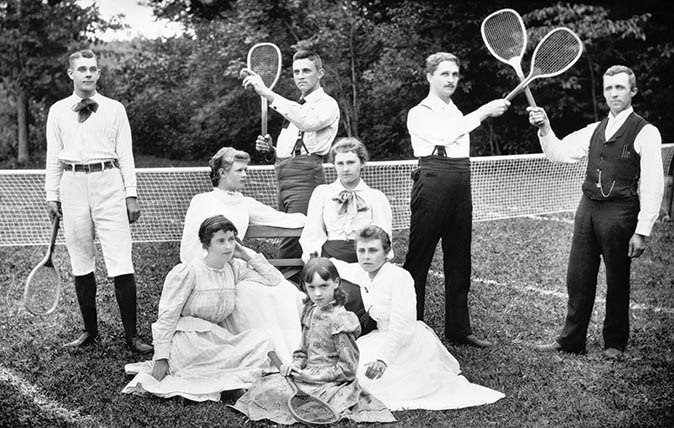
Thwack! Huh! Ahhh! Grunt. Wimbledon has begun and our Pimm’s-mellowed eyes are darting from left to right and left again. This year is particularly special, however, being the 150th anniversary of the All England Club, which runs the annual Championships and is only a few years younger than the game of tennis itself.
Originally called the All England Croquet Club, it was founded one heady summer at the height of a craze for the game, on July 23, 1868, by eight gentlemen at The Field magazine, at the request of a reader. Their reasons were as follows: ‘There can be no disputing the fact so often brought prominently before us by the admirers of the game, that croquet has become a strong rival of cricket, and has to a considerable extent superseded archery.’
The following year, the club found ‘a suitable playing area’ at Worple Road, Wimbledon. However, the fashion for mallet and ball was short-lived and, by 1874, a reader wrote in to complain that ‘the increasing skill required… takes away from the charm of the old game, in which talking and flirting formed the chief ingredients’.
Along came Maj Walter Clopton Wingfield, who, despite the existence of a remarkably similar game that had been popular in Leamington since the 1860s, patented his version of lawn tennis in 1874 and is credited by the Lawn Tennis Association as its inventor. He called it sphairistike, a word derived from an ancient Greek word meaning ‘ball skill’ – that name, thankfully, didn’t stick. His next idea was group bike rides to martial music, which also didn’t catch on.
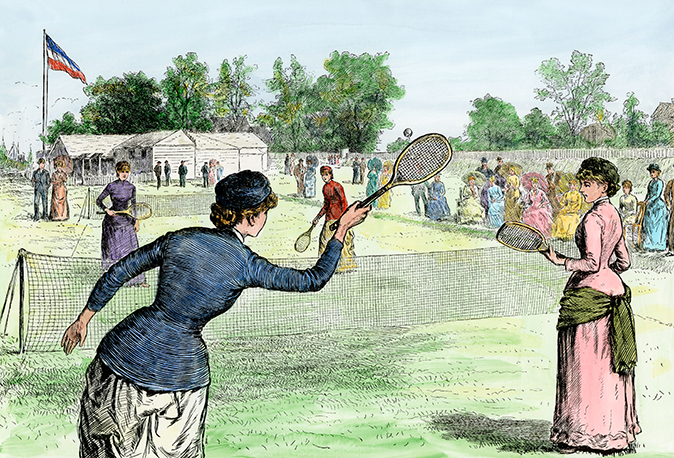
In 1877, the first tennis tournament was held in Wimbledon – not for its own sake, but as a fundraiser to buy a pony-drawn roller for flattening the croquet lawns.
The winner of the 22-man competition was a local cricketer called Spencer Gore who prophesied that ‘lawn tennis will never rank among our great games’.
The same year, the club’s name changed to the All England Croquet and Lawn Tennis Club and then, in 1899, the All England Lawn Tennis and Croquet Club. The rest is Grand Slam history.
Exquisite houses, the beauty of Nature, and how to get the most from your life, straight to your inbox.
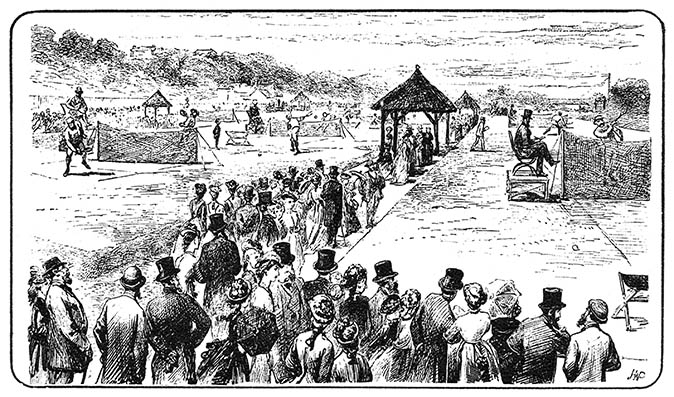

Curious Questions: How do you make the perfect cream scone?
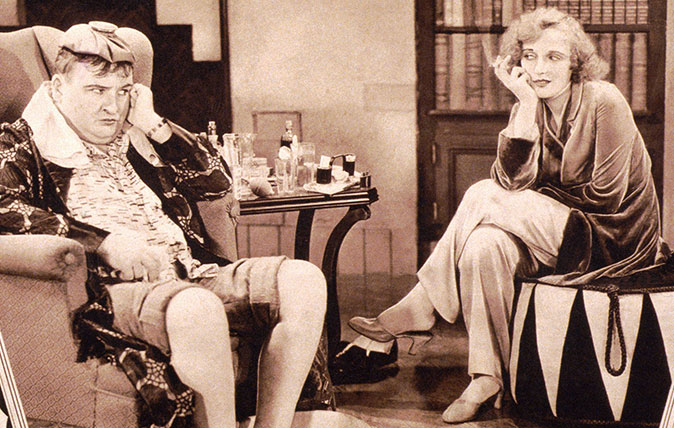
Curious Questions: What is the perfect hangover cure?
If there's a definite answer, it's time we knew. Martin Fone, author of 'Fifty Curious Questions', investigates.

Credit: apples and oranges Photo by Best Shot Factory/REX/Shutterstock
Curious Questions: Can you actually compare apples and oranges?
It's repeated so often these days that we've come to regard it as a truism, but are apples and oranges

Curious Questions: Why do the British drive on the left?
The rest of Europe drives on the right, so why do the British drive on the left? Martin Fone, author

Credit: Rex
Curious Questions: Why do we still use the QWERTY keyboard?
The strange layout of keyboards in the Anglophone world is as bafflingly illogical. Martin Fone, author of 'Fifty Curious Questions',
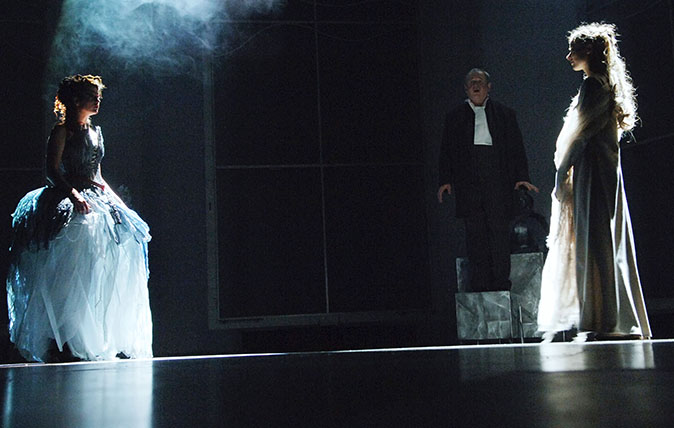
Curious Questions: Why do actors say ‘break a leg’?
The best-known phrase for wishing an actor luck is also the most baffling. Martin Fone, author of 'Fifty Curious Questions',
Annunciata is director of contemporary art gallery TIN MAN ART and an award-winning journalist specialising in art, culture and property. Previously, she was Country Life’s News & Property Editor. Before that, she worked at The Sunday Times Travel Magazine, researched for a historical biographer and co-founded a literary, art and music festival in Oxfordshire. Lancashire-born, she lives in Hampshire with a husband, two daughters and a mischievous pug.
